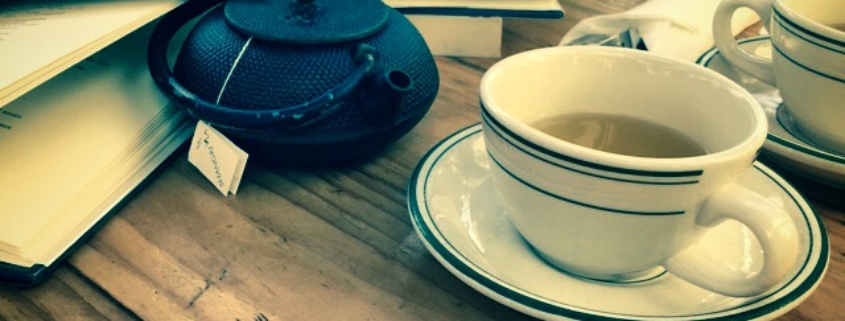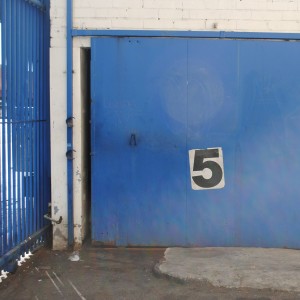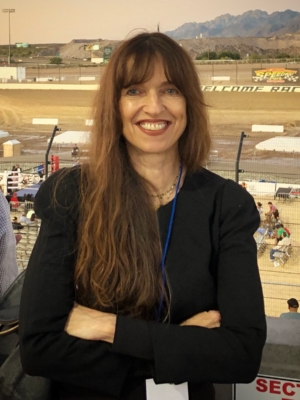Writing: The Toolbox III
There’s more to writing than the writing itself, like there’s more to baseball than the game. The pre-game of being a writer requires training, warm up, preparation, stamina, and perseverance. Writing is not just an intellectual and artistic practice, it is a physically demanding and mentally strenuous activity. It requires strength: strength of mind, strength of conviction, strength of will. The writer must perform; perform every day, and triumph over doubt, attrition, distraction, and the self.
I continue writing about the collected tools of the craft, based on my many years of experience. Here are some more tools I reach for every day I write.
7. The Ritual
Before each time at bat, Wade Boggs scratched the Hebrew symbol chai into the dirt of the batter’s box, and Turk Wendell scratched three crosses into the mound. A pitcher named Jason Grilli wore a baseball card in his shoe, with the image of his favorite pitcher facing the sole of his foot, and Coco Crisp, had to move his left hand and stomp his foot before taking an at-bat. I am an immersion writer. I need to go deep and stay there. I need to disappear into my writing, like diving into a pool. I have to submerge. At first, I dread the plunge, the cold shock, the effort. Once submerged, however, I adapt, I’m not in the real world anymore, and I try to stay there until I’m done.
To help me keep my concentration, I have my rituals. There are those rituals that begin the day. For me it’s jasmine tea. It’s a candle that stays lit for days, my silent, flickering companion. I like to cocoon, keep the room more dark than light. I keep the windows shuttered. I don’t want to see the street; I want to see the images in my mind. Then there are research rituals. In the “olden days” before the Internet, I collected maps. Any place I wrote about, I had to have a map. Before I wrote a word, I traced the locations with my finger, put myself there in my mind.
These days, I go onto Google Maps, and virtually walk down the street where my story is set. In a sense, research has become ritual as well. I research the foliage, indigenous plant species, shrubs, flowers, and trees, just to imbue a one sentence suburban scene at a mailbox with authenticity. Sometimes one sentence requires five separate Internet searches just to get it right. The reader might not know that only dogwood trees are genuine to the setting I am describing, but I believe they can feel it. Accuracy and authenticity is a ritual in the early stages of writing, since it gives me an edge of confidence and security that helps bring me more quickly into the place of immersion I want to get to.
8. Hate Away
Starting a new project, even with candles blazing, tea steaming, and maps transporting me to another place, it still is a process to get comfortable with the work. Even after 25 years of writing, it’s not uncommon for me to hate what I’m writing, at first. It’s so commonplace, in fact, I just don’t worry about it anymore. I know I’m going to rewrite, and the work will eventually meet my standards. I don’t let it slow me down. I lay down the tracks. I get it on paper. I make notes and cross out half my page, I write in margins, scatter question marks and squiggly lines all over the place that imply “What were you thinking?” Occasionally I just write “what?” or “no!” or “bad.” But I trust, after a few revisions, bad becomes good.
If we had an x-ray machine as writers, and could diagnose what our new work will require, it would be easy. But we’re like drunken surgeons in the Wild West, a lot of savage exploratory slicing and dissecting, before we find the root of the problem. The key is not to let the patient die on the table. The key is not to stop, not to give up. I keep the faith, I forge ahead, I put stock in my abilities, and I keep going. I once wrote a script at the end of which I jotted down the phrase, “This is the worst thing I’ve ever written.” But I didn’t give up, though I was tempted, and I rewrote and rewrote, until it became the best thing I’d ever written. The key is to keep going.
9. Learn to Love to Rewrite
Rewriting is your best friend. It’s grace and forgiveness. It’s atonement, and works. It sets you free from the sin of bad syntax. When I was commissioned to write my first script for Joel Silver Productions (an original idea I had pitched them), I went off and wrote my first draft and handed it in when I thought it was ready. I was young and inexperienced, and unsure about a lot of what I had written. I was lucky to have a great producer to give me feedback. It took two hours at Caesar’s Palace, where he wanted to have our conference, and he walked me through every screenplay storytelling technique, and pointed out all the flaws in my script, until the whole thing was solved. By the end of the session he had generously handed me a roadmap to the rewrite, and he said, “It will take you seven rewrites to get it right.” But I had listened to every one of his notes and took them to heart, and I got it right in one session. From then on I was introduced as, “This is Bettina. She’s a really good rewriter.”
It’s essential that you rewrite, and you rewrite well. If you are hired to do writing work, and are not adept at taking notes and rewriting satisfactorily, you are not too likely to be hired again. An editor editing for the first time might be skeptical of your abilities in the rough, but if you take the edits and notes and do a bang-up rewrite, an editor and publisher will take note of your abilities to pull it together, even if the first draft starts off rough. Most of all, rewriting is when you save the patient. There isn’t much that can’t be mended in the rewrite. Yes, occasionally you have to concede defeat, but most of the time, rewriting is where it all comes together. I believe rewriting is where the real writing begins.
So, whether you light your candle or stomp your foot, get your ritual to get you writing. Ignore the first draft; it’s always a jumble. Make rewriting your best friend. These habits will give you a boost that should keep you writing for years to come.
Previous blogs in the series:
https://lunchticket.org/writing-toolbox/
https://lunchticket.org/writing-toolbox-ii/
All images courtesy of Bettina Gilois.
Bettina Gilois is a Los Angeles based writer whose screen credits include the Bruckheimer film “Glory Road,” for which she was nominated for the Humanitas Prize, as well as “McFarland, USA” starring Kevin Costner, and the HBO movie “Bessie” starring Queen Latifah for which she received an Emmy Nomination for Outstanding Writing. Her book, “Billion Dollar Painter” for Weinstein Books, came out in 2014. She is a special contributor for the Huffington Post in Arts and Culture, and has been a professor of screenwriting at Chapman University, St. John’s College Film Institute in Santa Fe, and now Hofstra University’s Herbert Lawrence School of Communications in NY.











